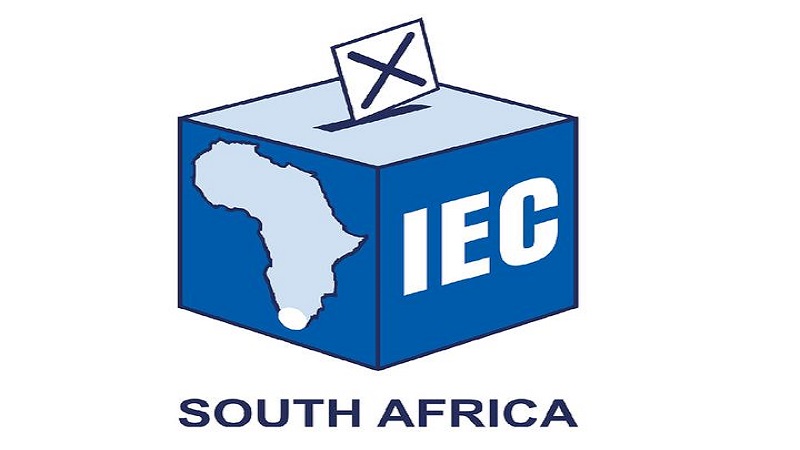By Daanyaal Matthews
In the run up to the National Elections the Independent Electoral Commission (IEC) has continued its campaign to educate the public to counter misinformation and strengthen the voting base.
One issue of discussion throughout the nation has been coalition government, a talking point that has been further propagated through the discussions on the Multi-Party Charter for South Africa. These discussions have primarily been focused on the relation between coalitions and the votership with the viability of the former being the major area of discord.
The Johannesburg Municipality has been quoted as the case study for inefficient coalition government and has acted as a warning sign for citizens across the problems of what issues can arise with coalition Governments with the municipality having almost consistent shifts in its mayoral office and delays in service delivery.
At the IEC Western Capes Provincial Office Thought Leadership Programme, titled Coalitions and Accountability, Prof. Jaap de Visser, Former Director of the Dullah Omar Institute and Professor of Law at the University of the Western Cape’s Faculty of Law, shared his thoughts on the issues within coalitions and the possible solutions therein, with representatives from Al Jama-ah, the ANC, Freedom Front Plus, and various civil organizations, with the discussion leading towards the viability of a coalition and Government.
Opening the discussion was a possible plan for coalitions with Prof. Jaap De Visser discussing the possibility of shaping coalition governments towards the betterment of the Republic. Prof. De Visser confirmed that while coalitions hold great promise for our nation, as it could assist in nation building through representatives of various communities and result in stable governance. However, an issue of great contention is the reality South Africans have witnessed that being instability specifically pointing to the situation in Johannesburg.
Of the recommendations given by the Visser is one of: developing conventions/culture around coalitions, protect administration of Government from coalition turmoil, transparency on feedback and decisions.
While some attendees were optimistic to the possibility presented, others were largely skeptical of the reality that South Africans could be faced with especially in regard to accountability, mediate coalition turmoil, and the ethics of coalitions as a whole. The large majority of concerns were raised in regard to ensuring that parties were properly represented, while not being utilized as pawns, and ensuring that constituents were not victim of abuse.
However, while many solutions were proposed, almost each was challenged and, in each challenge, laid a grander question. But what became aptly clear was that coalitions are a part of South Africa’s future with Visser stating:
“Voters are also getting use to coalitions. Over time we will see voters casting their vote keeping in mind coalition. If I vote for this party knowing how it’s conducted itself in coalitions, less in terms of thinking that a party will be fully in charge. Rather how will this party behave if it was offered a position in a coalition.”






 WhatsApp us
WhatsApp us 

